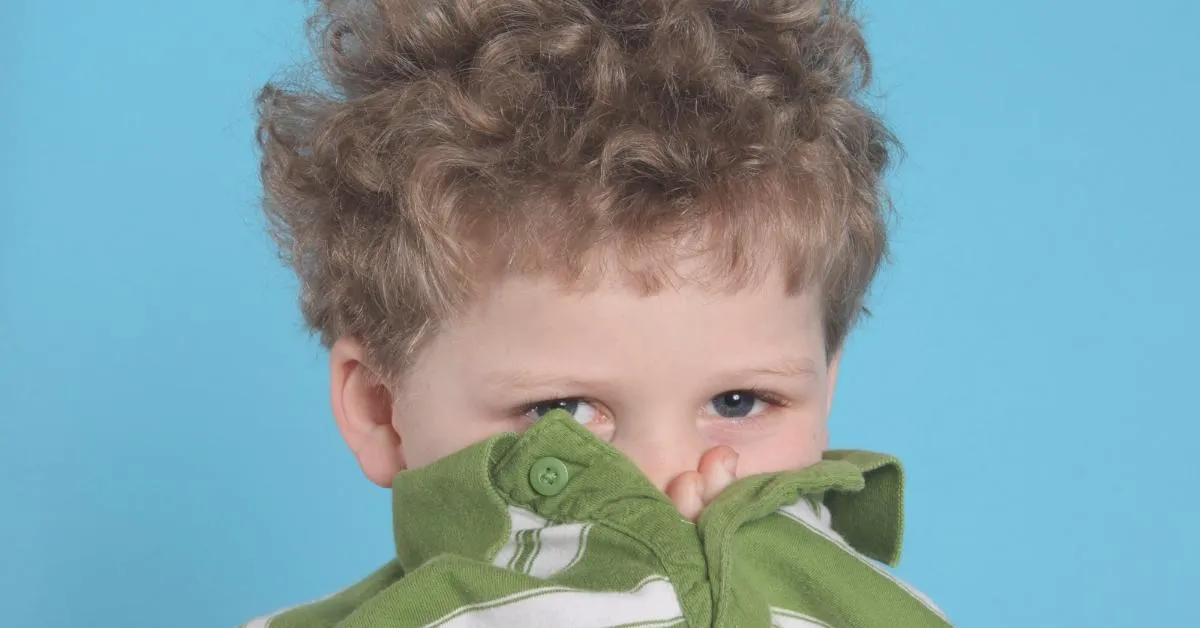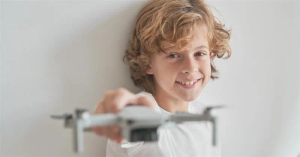These days, when social interactions constantly evolve between digital and physical spaces, understanding your child's social nature has never been more important. As parents, we often hear terms like "introvert" and "shy" used interchangeably, but this misconception can significantly impact how we support our children's emotional development. Let's explore these distinct characteristics, ensuring we provide the right environment for our little ones.
Understanding the Fundamental Difference
Introversion is a personality trait that reflects how someone processes energy and experiences the world. Introverted children recharge through quiet time, deep thinking, and solitary activities. They may enjoy social interactions but need time alone to replenish their energy afterward. Think of it as having an internal battery that drains during social activities and recharges during alone time.
Shyness, on the other hand, is a feeling of anxiety or discomfort in social situations, particularly new ones. It's often rooted in fear of judgment or uncertainty about social expectations. A shy child might want to join in but feels held back by anxiety or self-consciousness.
Key Differences
Motivation for Withdrawal:
- Introverts withdraw to conserve energy; they simply prefer quieter environments.
- Shy individuals withdraw due to anxiety about being judged or embarrassed.
Social Comfort:
- Introverts can engage socially when they choose; they may even thrive in small groups.
- Shy children often feel uncomfortable in social settings, particularly with unfamiliar peers.
Self-Perception:
- Introverts typically have a stable self-image and do not equate their worth with social success.
- Shy children may struggle with low self-esteem and feeling inadequate compared to their more outgoing peers.
Understanding these distinctions is important for parents, as mislabeling a child as "shy" when they are simply introverted can lead to unnecessary stress and feelings of inadequacy.
The Impact of Labels
Labeling children as shy or introverted can have significant consequences on their development. When a child is labeled as "shy," they may internalize this identity, leading them to believe that they are socially inept or undesirable. This can create a cycle of avoidance where the child feels pressured to conform to extroverted norms, further exacerbating their anxiety.
Conversely, if an introverted child is constantly pushed into social situations under the guise of overcoming shyness, it may lead to emotional exhaustion and resentment toward social interactions. Children need acceptance for who they are—whether they are introverted or shy—without the pressure to change their fundamental nature.
Today's Generation vs. Previous Generations
Our children are growing up in an unprecedented era where social interaction takes many forms. Unlike previous generations:
- Digital connections often precede or replace face-to-face interactions
- Social media creates new pressures and expectations
- Quiet time is increasingly rare in our connected world
- Remote learning and hybrid social environments have become common
- There's growing awareness and acceptance of different personality types
This new landscape presents both challenges and opportunities for introverted and shy children. While technology can provide comfortable ways for shy children to practice social skills, it's also important to ensure introverted children don't use it to completely avoid in-person interactions.
Conclusion: A Message of Acceptance
Remember, whether your child is introverted, shy, both, or neither, they are perfectly wonderful as they are. Our role as parents is not to mold them into what society expects but to help them flourish as their authentic selves. The goal isn't to change them but to equip them with understanding and tools to navigate their world confidently.
The beauty of human nature lies in its diversity. Some children will light up a room with their energy, while others will transform it with their thoughtful presence. Some will jump into new situations eagerly, while others will observe and process before engaging. All these approaches are valid and valuable.
By understanding and accepting our children's true nature, we give them the greatest gift: the confidence to be themselves. In doing so, we help raise individuals who are not just comfortable in their own skin but also empathetic towards others who may be different from them.








